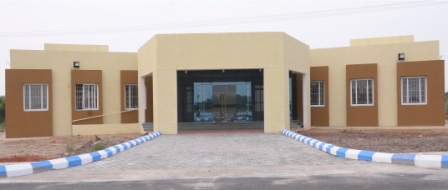
The Department of Veterinary Parasitology, Veterinary College and Research Institute, Tirunelveli was created on 22/06/2012 with the aim of identifying and controlling the parasitic diseases of livestock through quality education, sustained and fruitful research and result oriented extension activities. On staff are one Professor, one Associate Professor, two Assistant Professors, two Lab Technicians, two Attendants, one animal attendant and one sweeper cum attendant. The department offers undergraduate courses in Veterinary Parasitology in the second year of B.V.Sc. & A.H course from the academic year 2013-14 onwards.
The Department of Veterinary Parasitology is fully equipped with following equipments and infrastructure as per the norms prescribed by of Veterinary Council of India (VCI) to cater the needs of Undergraduate education in Veterinary Parasitology.
The follwing equipments for the tune of Rs. 35 lakhs were equipped in the Veterinary Parasitology Laboratory:
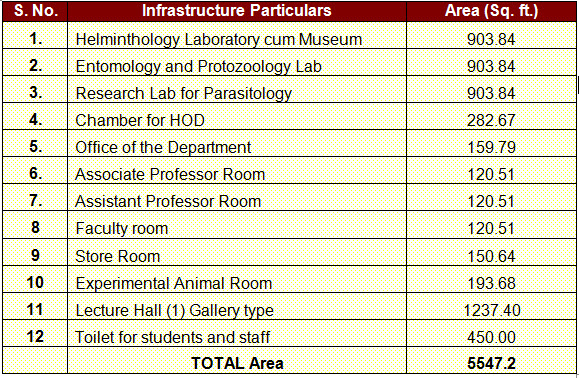

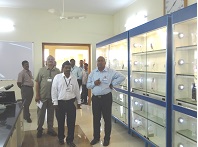

A well established Helminthology Laboratory with microscopic facilities are available to carry out common Helminthological diagnostic services like Faecal examination, Egg counting techniques, Faecal culture, Helminths Species identification and documentation, Special staining technique, Anthelmintic efficacy test, Anthelmintic Resistance Detection Assays, immunodiagnosis of metacestode infection like Hydatidosis, Cysticercosis etc.

A complete laboratory facilities with various on farm and off farm insects collecting equipments, preservation and documentation facilities, Dissection Microscope with latest dissecting equipments, Stereozoom microscope with camera, ALL-IN ONE Microscope containing Phase contrast Microscope with Bright Field, Dark filed, Epiflourescent assembly, Photomicrography and Projection attachment (PC, LED TV & LCD projector), are available. Entomological diagnostic services like Insect identification, Larva/Maggot identification, Skin scraping examination, Artificial fly rearing, Tick colony maintenance, in-vitro evaluation of various insecticides and acaricides for its efficacy and resistance etc., are being routinely carried out.
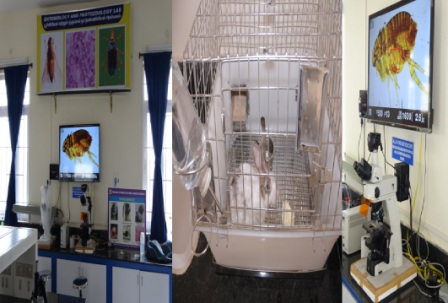
Protozoan disease diagnostic facilities like Faecal examination for protozoa, Blood smear examination for haemoprotozoan diseases, Rapid Special staining technique like Acridine Orange (AO) staining for haemoprotozoan/rickettsial infection, Modified Acid Fast staining for Cryptosporidial diagnosis, PM examination of chicken entrails and coccidial species identification, Coccidial lesion scoring technique, Litter oocyst counting technique and forecasting, Evaluation of phytochemicals for anticoccidials, Anticoccidial efficacy test, Anticoccidial resistance studies are being carried out routinely at the laboratory.
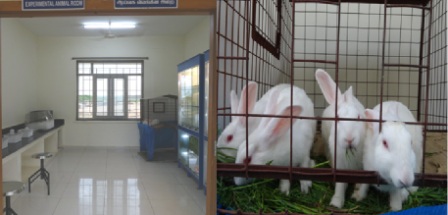
A gallery type Lecture hall of capacity to occupy 80 students with smart class (DIGISCHOOL) facility with short thro LCD projector on a touch screen board, Computer system with 5 in 1 speakers, True online UPS, Podium with in-built mike and speakers and ordinary classical chalk and black board teaching facilities, are being maintained by this department exclusively for second year students.
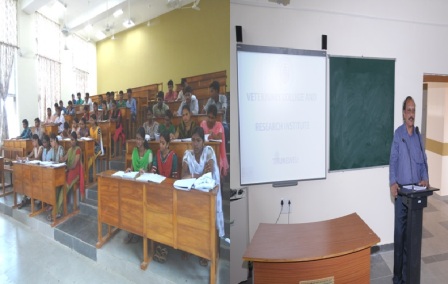
This department is offering following courses for undergraduate students
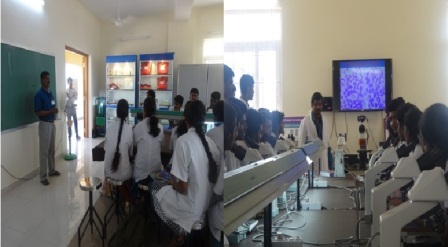
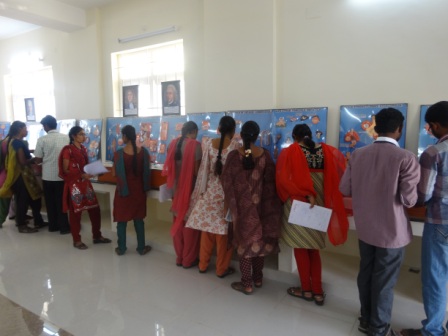
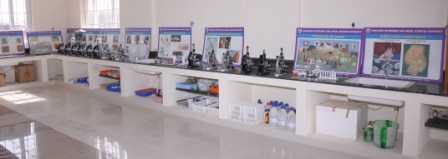
Computer aided teaching is imparted to undergraduate students for teaching Veterinary Helminthology, Veterinary Entomology and Acarology and Veterinary Protozoology. 3 CD ROM's were prepared for each subject comprising parasite photos, lesion, Lifecycle stages etc.
The most modern method is being adopted for display of common parasites, its lesions, drugs, blowups, models which attracts the dignitaries, our students, school children's, farmers, trainees etc.
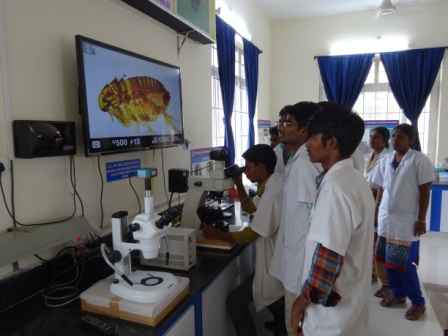
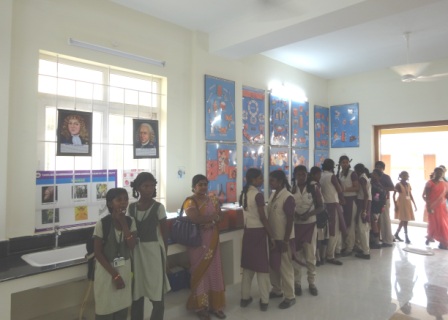
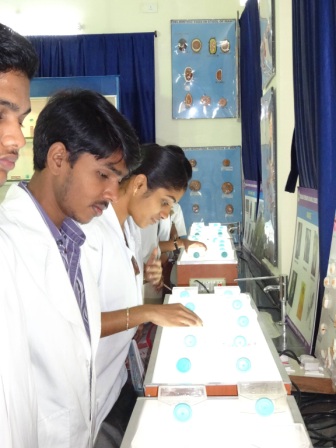
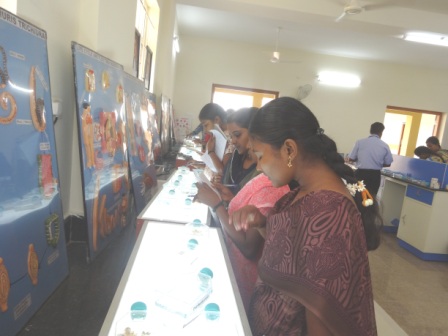
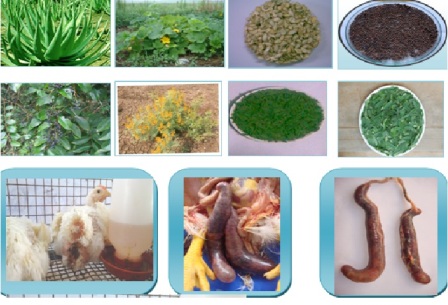
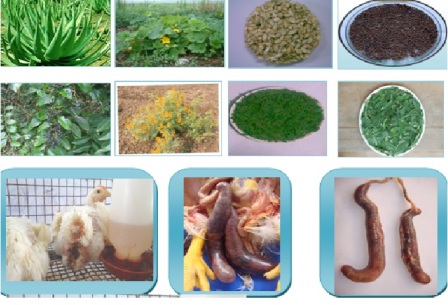
The Professor and Head
Department of Veterinary Parasitology
Veterinary College and Research Institute
Ramayanpatti, Tirunelveli - 627 358.
Email: vpavcritni@tanuvas.org.in | Telephone : +91-462 - 2336345